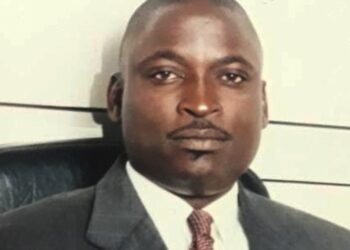An economist, Dr. Sand Mba-Kalu, has called for the establishment of an independent oversight board to monitor the management of savings from the removal of petroleum subsidies, warning that without transparency, trillions of naira could slip through the cracks.
Mba-Kalu, Executive Director of the Africa International Trade and Commerce Research (AITCR), told the News Agency of Nigeria (NAN) that civil society organisations and the audit office should have representation on the board to ensure accountability. His recommendation follows President Bola Tinubu’s Independence Day address, where the president said the subsidy withdrawal had freed up funds for targeted investments across the economy and social programmes.
While acknowledging the fiscal relief from subsidy removal, Mba-Kalu cautioned that without clear frameworks, the funds could be mismanaged, eroding public trust. He urged government to publish an expenditure ledger linking subsidy savings directly to sectors such as healthcare, infrastructure, education, and social protection, alongside a quarterly dashboard showing measurable outputs.
He noted that the immediate impact of subsidy removal has been steep increases in food prices, transport fares and basic goods, stretching household budgets and widening inequality. According to a March 2025 Afrobarometer and NOIPolls survey, 93 per cent of Nigerians believe the country is on the wrong path and oppose subsidy removal due to its economic toll.
Mba-Kalu also stressed that while oil and gas production has rebounded to 1.68 million barrels per day, broader economic stability depends on non-oil growth. He highlighted that the non-oil sector contributed 95.95 per cent to GDP in Q2 2025, expanding by 3.64 per cent, but warned that manufacturing remains fragile, recording a slowdown in growth compared to the previous year.
He urged government to prioritise transitional relief such as conditional cash transfers, transport vouchers, and targeted support for fertilisers, power, and broadband to shield vulnerable households. According to him, without such safeguards, subsidy removal could push more Nigerians into extreme poverty despite the fiscal space it creates.





